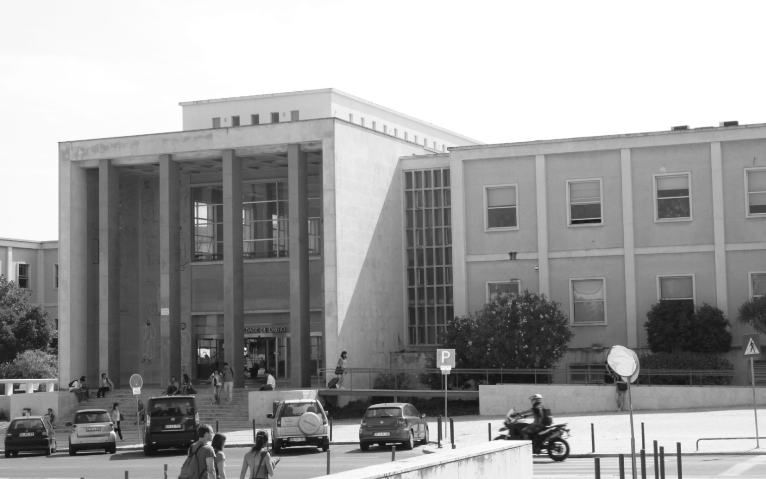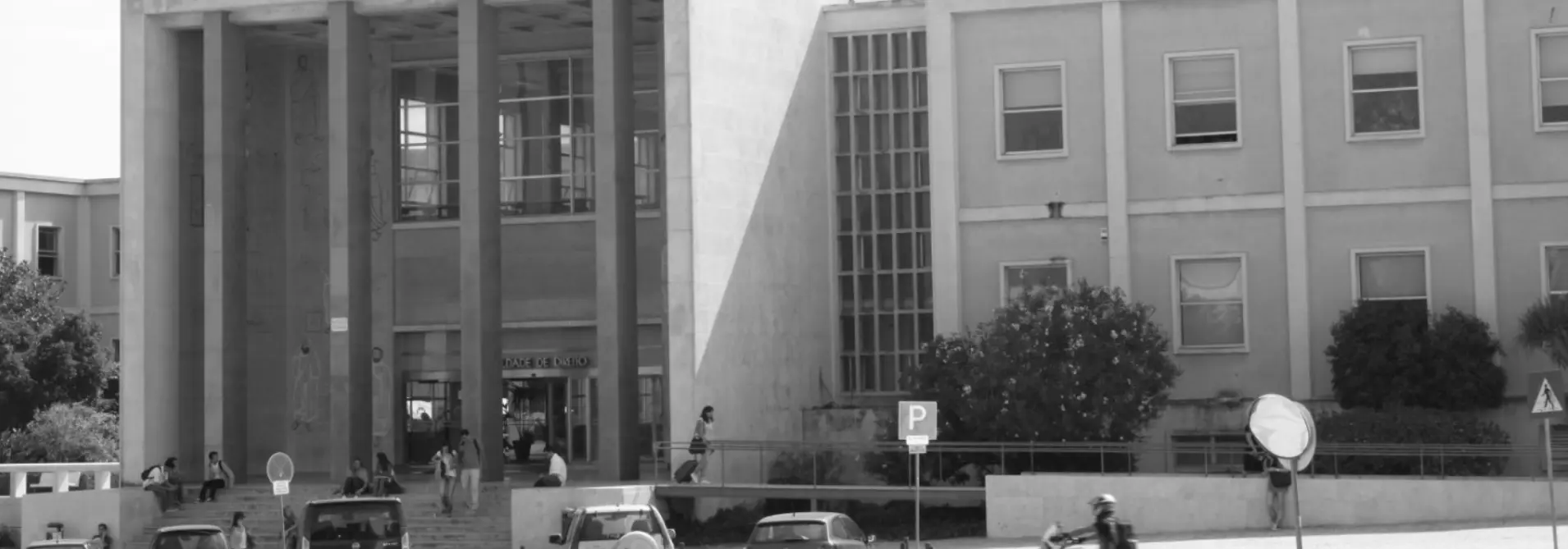ABOUT
TEAM
RESEARCH
LPL EDITIONS
RESEARCH ACADEMY
HAPPENING
Summary
The project's primary aim is to encourage reflection on the practice of the American Supreme Court, the Court of Justice of the European Union, the European Court of Human Rights and national Constitutional Courts, bringing together American and European researchers with relevant work on the subject.
Although the experience of activism is observable in both the North American and European quadrants – and has been the subject of relevant treatments, which focus on similar problems – the corresponding debates have developed insularly in one quadrant and the other, which cannot fail to be prove impoverishing.
A dialogue between the researchers involved in the project could prove fruitful, not only by breaking the insularity in which issues like these have been addressed, but above all by putting different perspectives and disciplinary areas into confrontation (Political Science, Theory and Philosophy of Law, Constitutional Law and Theory of the Constitution) in which the phenomenon of judicial activism has been faced, revealing the possibilities for inter-disciplinary dialogue that can be established to be challenging.
Objectives
The project will seek to develop the following topics in different scientific initiatives:
1) The activist judge: legitimacy and responsibility. Firstly, the different possible formulations and conceptualizations of an “activist judge” are addressed, both in terms of Political Science (particularly “Comparative Judicial Politics”, and Constitutional Law and Theory of the Constitution. Subsequently, they are the general questions relating to the legitimacy and responsibility of the judge. In addition, the repercussions that the activist judicial practice of the American Supreme Court may have had on American law and politics are compared, verifying that lessons learned there can be extracted for Europe and for Portugal.
2) The activism of the constitutional judge. Judicial activism was initially thought of in relation to the constitutional judge, and it is necessary to revisit, now in an interdisciplinary environment, the substantive and procedural problems he poses.
3) The activism of the European judge. The problem of activism arises with particular acuteness in terms of European Union Law, taking into account the decisive judicial role in its development, to the point of identifying a constituent function of the Court of Justice. It is also necessary to verify to what extent the active stance of the European judge has found its counterpoint in the national Constitutional Courts – in particular in the German Federal Constitutional Court –, with judges today being the main dialoguers in a “space of internalmativity”.
4) The rationalization of judicial activity. In particular, it is necessary to verify, at the level of Legal Methodology, to what extent the methods underlying an activist judicial practice – such as in particular the method of balancing, advocated among us mainly by Jorge Reis Novais – are or are not rationalizing or, in if not, susceptible to rationalization. It is also important to verify, within the scope of the Euro-American debate that we intend to promote, to what extent the tests developed by the American Supreme Court and fundamentally intended to rationalize its activity in difficult cases (such as those relating to freedom and equality religious beliefs, the subject of close attention by Steven D. Smith ) can be used in the context of similar cases decided by European courts.
5) Judicial activism and the Theory of the Constitution, it is important to verify to what extent judicial activism has interfered with the very notion of Constitution, on the one hand (forcing us to speak of an evolutionary Constitution, a judicial Constitution or a “formulaic Constitution” ) and within the possible scope of the Constitution, on the other (leading, particularly due to the activism of the European and international judges, to the need to speak today of a constitutionalism beyond the State.
Relevance
Reciprocal learning from different judicial experiences, American and European, in the respective understanding and theorization and, also, in the opening of an inter-disciplinary dialogue in approaching the same phenomenon – indicate its scientific relevance. This project also has another relevance – markedly public – which has to do with its importance for legal education and judicial activity. Indeed, confronting the limits of judicial activity, the responsibilities involved in it, its possible reasons and consequences in a comparative framework and inter-disciplinary dialogue will be relevant in the training of jurists and, very particularly, judges. For this reason, the aim is to associate the Center for Judicial Studies with the initiatives developed within the scope of the project.
.
No data was found
.
No data was found


